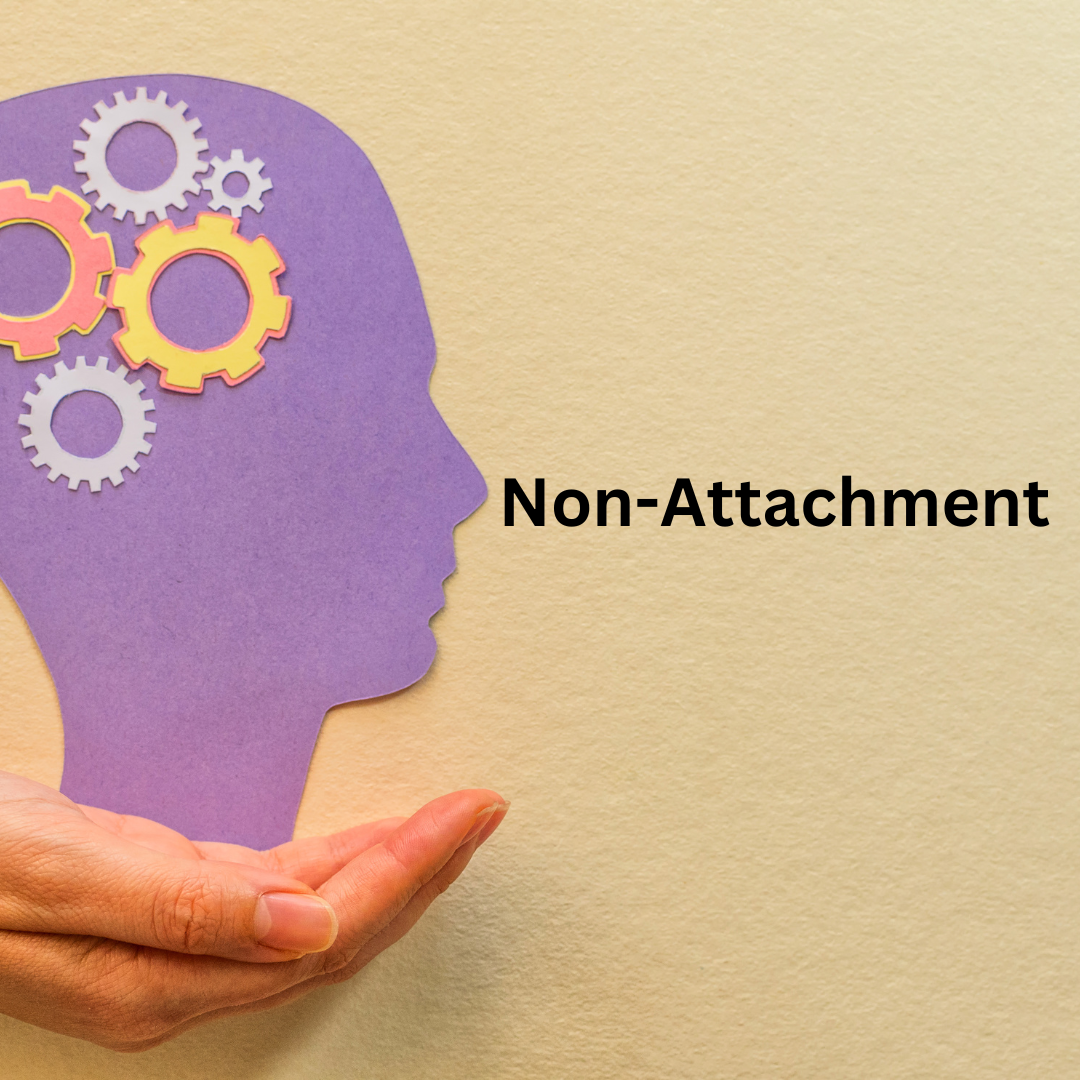Have you ever been drawn into a conversation you didn’t want to be in? Have you ever told someone you preferred not to talk about something but ended up in an uncomfortable dialogue anyway? This happens often because you were baited. These conversations can revolve around any topic from politics to religion to family dynamics. Insults are another form of baiting.
Some people enjoy the challenge of pushing boundaries and having difficult conversations. Unfortunately, some personalities delight in seeing you become baffled, disturbed and uncomfortable. This gives them a strange sense of power. They have the experience of gratification, dominance and control over you. It’s an unhealthy dynamic but one that occurs frequently. Narcissists are notorious for this type of behavior, but other people engage in it too. It happens to the best of us, but you can be more prepared in the future if you find yourself in this situation.
Here are a few strategies you might find helpful:
First, be clear within yourself about what your boundaries are about certain topics.
Then, communicate those boundaries to others. You may even need to reiterate them right before you see or talk to them.
If they still move forward toward discussing tough topics or putting forth jabs or barbs toward you, don’t retaliate. Be assertive and let them know you will not proceed any further. Retaliation often only serves to excite the baiting perpetrator. Your reaction is often their reward.
If they continue, you may need to walk away from the conversation.
Know that people often will lash out toward you in anger if you have a boundary and refuse to be baited. The relationship can take a turn for the worse. At this point, you will need to decide if you need more distance from this person for your own well-being. Let your own sense of peace and joy serve as your north star. Reach out to us today!

Have you ever been walking with someone soon to discover you were in lock and step? Perhaps you were engaging in the same stride, even though your style of walking differs. People who drum in groups often notice this same phenomenon. Although each player may have started with different beats and syncopations, they soon find themselves all playing the same tempo and tune. This is often called entrainment.
It’s easy to become hypnotized by what’s happening around us, even the subtleties. People often tell us when they visit a new culture, they find themselves speaking similarly to those originally from the area even if they’ve never used that dialect or language previously. Sometimes they don’t notice it themselves. Someone else points it out to them.
It’s easy to drift into harmonic resonance with the environment that surrounds you. Understanding this principle can work to your betterment. If you currently find yourself more often in environments that are displeasing, you can intentionally begin to change that. You acclimate to the environment you’re in.
Begin considering your purpose and vision for life. What do you desire for yourself? Who do you want to become? How would you like to show up and move through the world? What groups of people are already doing that? What environments are they in? What activities do they engage in? Once you identify these, you can begin to put yourself there. You can put yourself there in your imagination and in person. The brain doesn’t know the difference between real and imagined
We encourage you to step out of your comfort zone and begin exploring the above. Be intentional and focused as you proceed. Being consistent in following through with your desires moves your forward. Before you know it, you will find yourself in harmonic rhythm with people, activities and environments that bring you joy and fulfillment.
As wonderful as life can be, and often is, a majority of people will encounter a personal crisis of some kind at some point. How do you support them in their hour of need?
Understand that medical professionals, first responders, counselors and many other professions require the ability to respond effectively to the crises of others. As skilled as they may be, their work isn’t cookie-cutter. They must recognize that each person is unique for a variety of reasons. Therefore, helpers build into their skill set a recognition of how differently individuals respond to a crisis.
There is a plethora of crisis situations: death, divorce, accidents and many more. Since many of these events are sudden and unexpected, the level of shock experienced is often severe.
We have been on both sides. We have needed assistance for personal tragedies. We have also been honored professionally to provide care to others.
There are many approaches to helping people who are experiencing a calamity. Here are some guidelines that may assist you in helping others in need:
- Check-in with them. Your visible show of support at the outset and later is of monumental importance.
- Be present and listen to what they are expressing. Giving advice is often not helpful in initial crisis stages unless there is a threat to their safety. Your loving presence is a gift.
- Know that there are times when there is no apparent solution to a particular problem. For example, if someone is experiencing a loved one’s death, you are limited in fixing the situation.
- Support them in finding resources. There are counselors, clergy, the Red Cross and community support agencies for nearly every kind of crisis.
- Practice your own self-care. Without a sense of balance, you can find yourself succumbing to your own set of symptoms.

Were you ever placed in timeout as a child? While it probably wasn’t fun, it may have given you a different perspective, at least temporarily. The timeout was designed to stop the trajectory of unacceptable behavior. For at least a short time it probably redirected your energy.
As adults, we are called to monitor our own behavior. It’s up to you to adjust your energy and behavior as needed. If you push too forcefully in one direction, the results may not be favorable. Let’s say you have an important goal in mind. Dedicating yourself and focusing your mind on a goal is a positive strategy. But if you hold on too tightly, you can unknowingly squeeze the life out of it.
Relationships, work and other aspects of life including goals all require space. If, for example, you drive too single-mindedly in your work without rest and relaxation, you are apt to burn out. If you push too strongly in a relationship and don’t allow breathing room, you inadvertently create sizable problems.
Sleep, meditation, vacations, restful days, active listening, and play time are all examples of creating space. These are direct forms of self-care and self-regulation. Do you regularly integrate these or other space-giving practices in your life?
What does it mean to create space in a relationship? It may be as simple as doing less of a behavior. For instance, if you’ve been told repeatedly by a friend or relative that you don’t really listen to them, you can alter that behavior by paying attention without distraction when they are speaking. Those kinds of tweaks give room for the relationship to grow and possibly flourish.
There are parts of us as humans that could use a timeout so that positive transformation can take place. It may be a blind spot for you. What type of feedback have you received? What areas of your life could benefit from a regular timeout?

Do certain things tend to trigger you? Perhaps it’s bullying or a bad driver? It might also be rude people or someone not listening to you. The world is full of opportunities to getting triggered. The thing is though, that getting triggered doesn’t feel good. Why? You step out of your personal power. You’re losing your peace and joy based on an external circumstance beyond your control. In Mindfulness, we teach that there is the pain of life and then there is self-imposed suffering. Getting triggered is suffering.
How then do you prevent yourself from falling prey to this? It’s true that sometimes you can get blind-sided. You didn’t see an event or conversation coming. Other times, you may have the same dynamic occur over and over again. If this is this case, you have an opportunity to prevent this from happening. You know it’s a possibility if you continue to put yourself in the same situation repeatedly. For example, if you have a relative who always wants to discuss a triggering topic with you, you may choose to set boundaries with that person. You may choose to request the topic be off limits. If they can’t respect your request, you may decide to not have a conversation with them at all. You have choices. Sometimes they are difficult to make. People may not like or understand your choices. It may feel awkward for you and them.
Another option is practicing non-attachment. This takes practice but can be done. You can be with a person or situation without being negatively impacted. In order to have your best shot at being non-attached, it’s important that you’re in a good space yourself mentally and physically. If you’re tired, worried or having physical symptoms, it will be easier for these externals to affect you. Do some things proactively to help you feel clear, strong and grounded like breathwork, movement and participating in joyful, satisfying activities.


